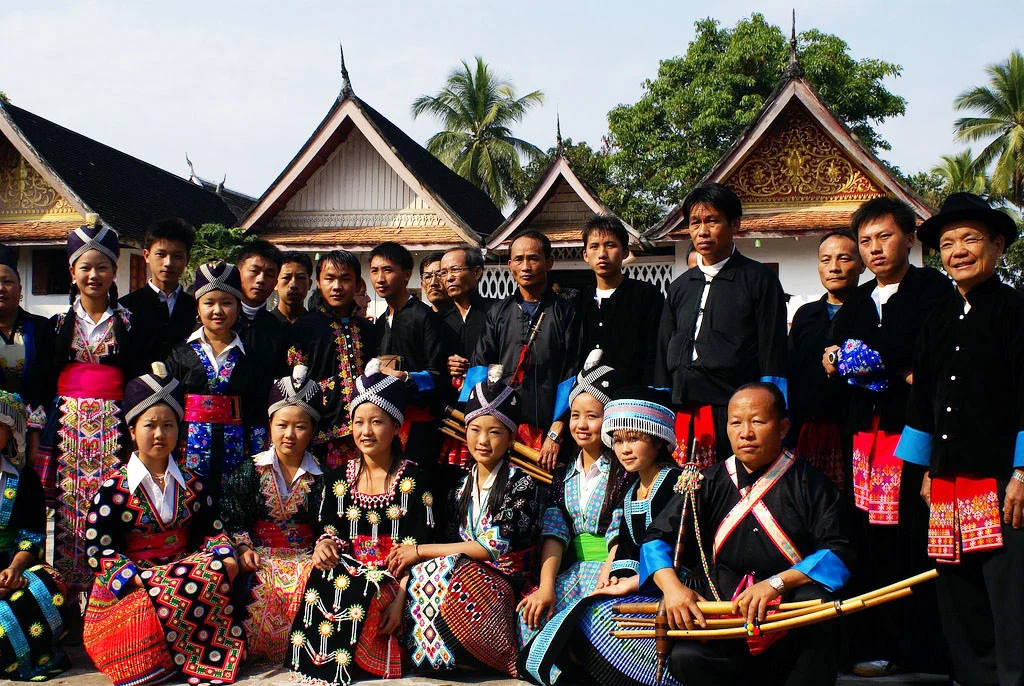As Prime Minister Justin Trudeau is encouraging Canadians during this Mental Health Week to raise awareness about mental health, it is hoped that attention can also be drawn to an important but sometimes invisible issue regarding the health welfare of the 23 million people in Taiwan.
Taiwan is looking for its continuous participation in the World Health Assembly (WHA) hosted by World Health Organization (WHO) in Geneva starting from May 22. The deadline of registration for this year’s WHA is fast approaching. Taiwan, being an observer to the WHA for the past eight consecutive years, still awaits the invitation and calls for international support.
WHO’s Constitution proclaims “The enjoyment of the highest attainable standard of health is the fundamental rights of every human being without distinction of race, religion, political belief, economic or social condition.” Taiwan, as a responsible member of the international community, shares the noble ideal of WHO and since 1996 has contributed over US$6 billion in international medical and humanitarian aid, benefiting millions of people directly or indirectly in over 80 countries. However, it was not until SARS outbreak in 2003 severely hit Taiwan (Canada as well) and took many lives did the world seriously face the bitter truth that Taiwan had no access to WHO at all. Canada decided to join the other like-minded countries in rendering support to Taiwan’s inclusion to WHA. Six years later, Taiwan received the first invitation. It is greatly appreciated that Canada was one of the countries holding bilateral meetings with Taiwan on the margins of the Assembly in 2009.
For several decades, Taiwan has always supported the WHO’s work in many part of the world. Meanwhile Taiwan also needs the world to help ensure the health welfare of its people. An outbreak of infectious diseases such as MERS, Ebola or Zika would be amplified by Taiwan’s critical transportation position given its air links to nearly 140 cities around the world. Global efforts in pandemic control and health protection should not stop at geographic boarders and should go beyond political hedges. Denying Taiwan’s attendance at WHA not only discourages a willing giver, it may also recreate a loophole in the international health system.
While Canadians are reassured to get the mental health care they need, we hope the health and well-being of the 23 million people in Taiwan can also be considered and supported here in Canada. The reason is simple: Taiwan’s continuous participation in the WHA is crucial to WHO’s goal of “health for all,” including people with mental or physical illness, be they in Canada or in Taiwan.
Catherine Y. M. Hsu is the Director General of Taipei Economic and Cultural Office, Toronto.








